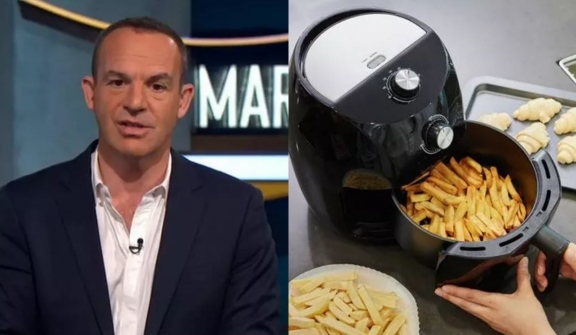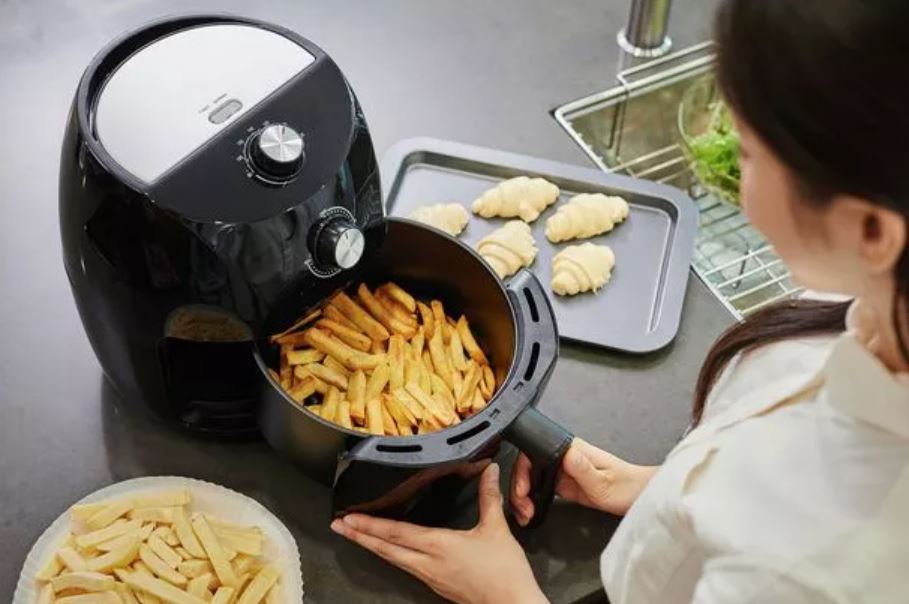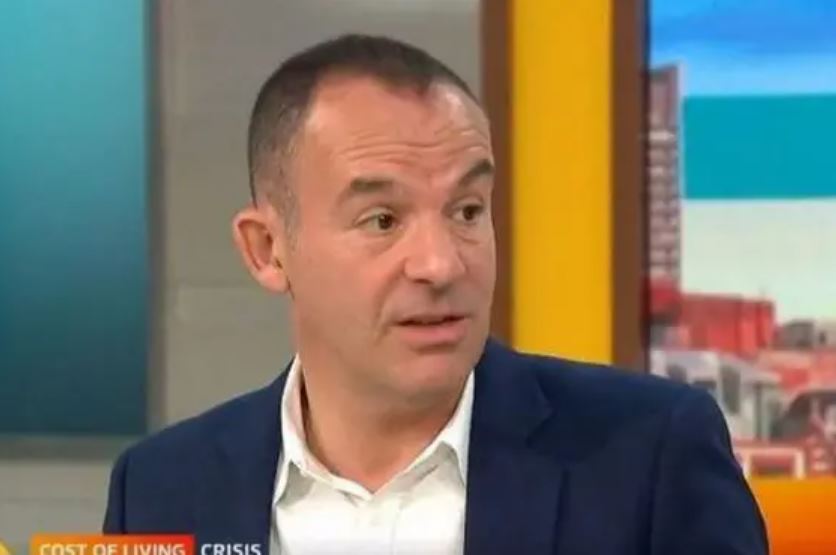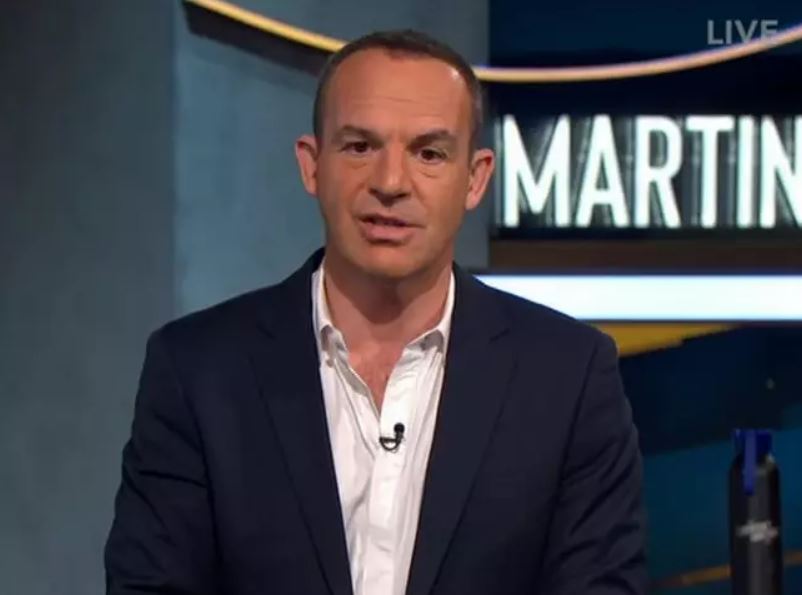
Nowadays, some people have switched from using their ovens. He advises careful consideration, as they might end up paying more in certain situations.

On his podcast, he emphasizes the importance of comparing energy usage, noting that ovens require preheating, as reported by the Manchester Evening News.
He said: "The problem with the equation for heating equipment is an oven is going to be about 2000W. A microwave I believe, from memory, a best guess explanation, a microwave gives you consistent heat whereas an oven is warming up to full temperature and then topping it up so it isn't running at full power the whole time."

He continued: "But if you're doing a jacket potato for 10 minutes it's going to be far cheaper [in the microwave] than doing a single jacket potato in an oven and keeping it on for an hour and a half."
"However if you were doing a full roast dinner and you were cooking many of them, that is where it's probably cheaper than putting five or six jacket potatoes in a microwave because each additional object you put in a microwave, you need to keep it on longer because a microwave just heats the individual object."

"General equation is, find the wattage of an item, then work out how many kilowatts or what fraction of a kilowatt it's using, then multiply that by 34p per hour of use."
Similar advice can be extended to air fryers and halogen cookers.

For instance, if we have a 1000W microwave and we use it for 10 minutes, it consumes 1 kWh (Kilowatt-hour) for a sixth of an hour, which translates to approximately 6p (pence). So, the cost of running the microwave for that duration is around 6p. This equation proves quite useful.
This advice aligns with research conducted by the consumer experts at Which? which discovered that for most of the tested foods, the air fryer was not only the quickest but also the cheapest as well as the quickest option.




